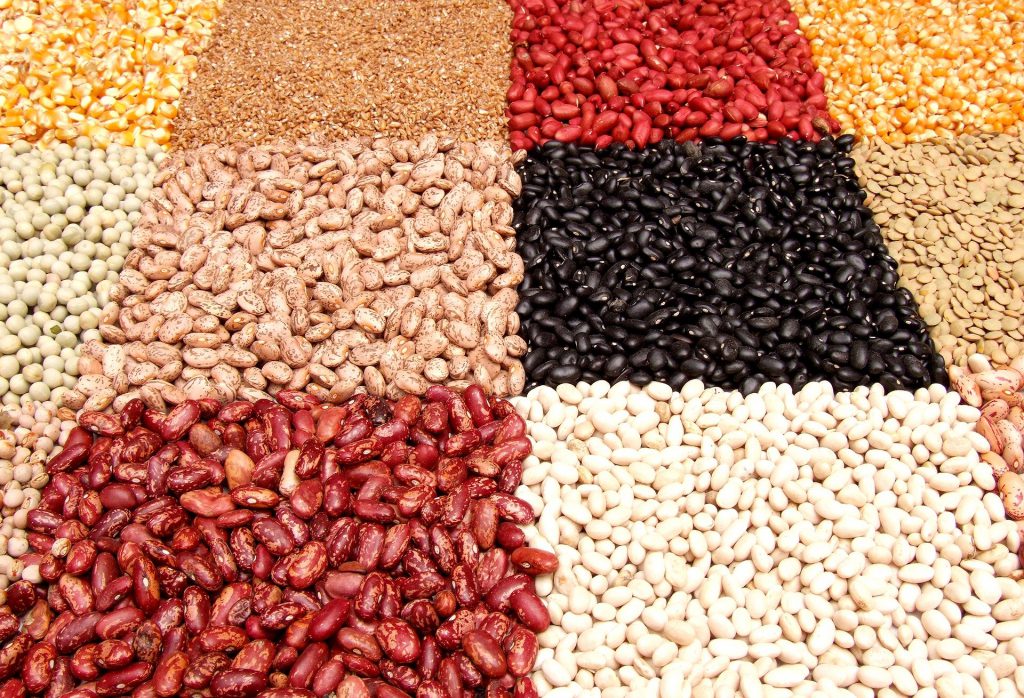It’s certainly possible to eat a healthy diet that doesn’t contain any animal products. With that said, a lot of people that follow a vegetarian or vegan diet have some nutritional deficiencies. If you’re avoiding meat and seafood, you may want to take a closer look at your diet to ensure you’re getting enough of these nutrients.
Nutrients a Vegetarian or Vegan May Be Missing
B-12
B-12 is the most common nutrient that many vegetarians and vegans are deficient in. While eggs, dairy, fish, and shellfish can be a fantastic source of b-12, they are a food that many vegetarians avoid. Both vegans and vegetarians can get the b-12 that they need from a fortified breakfast cereal or through B-12 supplement.
B-12 deficiencies are extremely common, which is why anyone avoiding animal products should take extra steps to ensure their B-12 intake is adequate. Vitamin B-12 is essential for proper brain functioning and blood flow throughout your body.
Symptoms of a B-12 deficiency include tingling in your extremities, memory issues, depression, and balance problems.
Protein

People often associate protein with meat. Truth be told, you can get your daily protein requirements in a veggie based diet. In fact, protein deficiency is rare because their are an abundance of plant-based protein sources readily available.
To name a few protein packed options: Tofu, beans, lentils, soy, nuts, seeds, and eggs if you include them in your diet. It’s important to eat a variety of protein sources. This ensures that you’re also getting amino acids that comprise protein. Unlike meat however, the aforementioned options are higher in dietary fiber. This means you’ll need to consume more protein than you would eating a meat based diet as animal protein has a lower digestibility.
Iron
If you stop eating meat, your diet won’t necessarily be deficient in iron. However, iron deficiencies are very common, especially for women that are prone to anemia. You should look at your intake of iron and make sure you’re getting what you need.
Dark leafy greens can be a fantastic way to improve your intake of iron. Eating more spinach and kale is a fantastic idea. If you decide to take an iron supplement, you’ll want to make sure you take that supplement with food as iron supplements are prone to making people feel nauseous.
Symptoms of an iron deficiency include fatigue, pale skin, weakness, and headache.
Omega-3 Fatty Acids

Many people are deficient in omega-3s, even if they eat meat. Omega-3 play an important role in brain and eye function, they have anti-inflammatory properties, and help to lower cholesterol levels. If you’re someone who eats fish like salmon, or trout you should be fine on Omega-3s.
If you don’t eat fish, you can get these healthy fats from foods like avocado. Chia seeds can also provide you with this nutrient, and walnuts are a great option as well. If you do decide to take a supplement, you’ll want to look at some of the ingredients their comprised of. Many omega-3 supplements contain fish oil.
What You Should Know About Multivitamins
If you’re worried that you’re not getting enough nutrients, taking a multivitamin can be a great idea. However, you shouldn’t assume that you’re getting everything you need just because you’re taking a multivitamin. You’ll want to take a closer look at the supplement that you’re taking to ensure that your body is actually getting what it needs.
If you’re a vegetarian or a vegan, you’ll want to evaluate your diet and make sure that your body is getting everything that it needs. You should avoid foods that can cause problems for you, but you should also make sure you’re eating the right kinds of foods. Remember, eating a balanced diet is crucial to your health and well-being.

